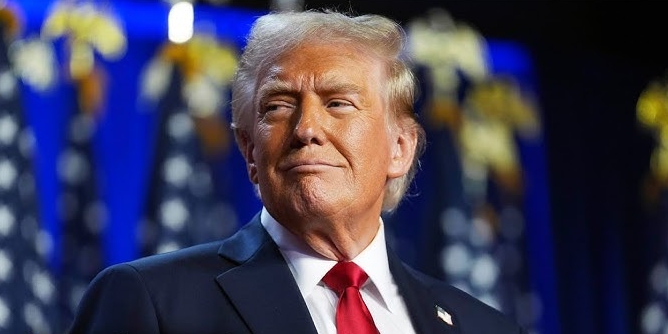Tension between Indiana University and its student newspaper flared this week with the elimination of the outlet’s print editions and the firing of a faculty adviser, who refused an order to keep news stories out of a homecoming edition.
Administrators may have been hoping to minimize distractions during this homecoming weekend as the school celebrates a Hoosiers football team with its highest-ever national ranking. Instead, the controversy has entangled the school in questions about censorship and student journalists’ First Amendment rights.
Advocates for student media, Indiana Daily Student alumni, and high-profile supporters including billionaire Mark Cuban have blasted the school for stepping on the outlet’s independence.
The Daily Student is routinely honored among the best collegiate publications in the country and receives about $250,000 annually in subsidies from the university’s Media School to help offset dwindling ad revenue.
On Tuesday, the university fired the paper’s adviser, Jim Rodenbush, after he refused an order to ensure student editors kept news stories out of the print edition tied to the homecoming celebrations. Rodenbush stated, “I had to make the decision that was going to allow me to live with myself. I don’t have any regrets whatsoever. In the current environment we’re in, somebody has to stand up.”
University Defends Actions
A university spokesperson referred to a statement issued Tuesday, expressing a desire to shift resources from print media to digital platforms, promoting both students’ educational experiences and addressing financial issues faced by the paper.
Chancellor David Reingold echoed this sentiment, asserting the school’s “firm commitment” to free expression and the editorial independence of student media. He emphasized that the university has not and will not interfere with their editorial judgment.
The crisis arose after university officials announced plans to reduce the financially struggling newspaper’s print edition from weekly to seven special editions per semester, centered around campus events.
Rodenbush revealed the Media School’s officials questioned why these special editions still contained news, leading up to his termination two days before the homecoming print edition was due to be published.
Despite the ban on print editions, the newspaper continues to publish online, featuring coverage of pressing issues including campus sexual assaults and an FBI raid concerning a former professor's alleged misconduct.
Student Journalists Respond
In response, Andrew Miller, co-editor-in-chief of the Indiana Daily Student, praised Rodenbush for his refusal to censor and claimed the firing was a “deliberate scare tactic” towards both journalists and faculty. “IU has no legal right to dictate what we can and cannot print in our paper,” Miller asserted.
Experts such as Mike Hiestand from the Student Press Law Center indicated that case law firmly supports student editors at public universities in determining content, stating, “It’s open and shut... this is coming out of a place that absolutely should know better.”
Rodenbush suggested that the university’s actions might reflect an attempt to mitigate negative publicity, given the sensitivity of recent issues the paper has covered, including allegations against IU President Pamela Whitten concerning plagiarism.





















